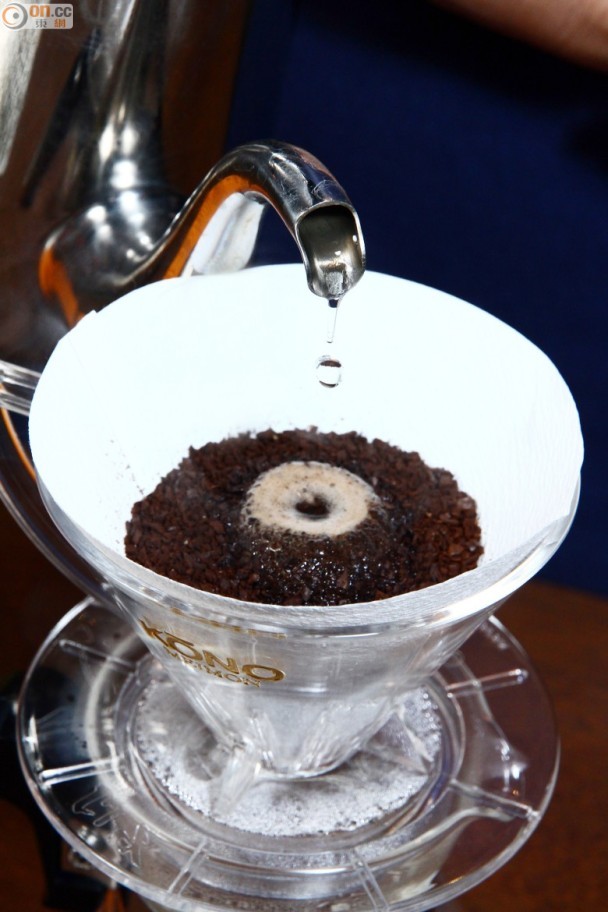Distracted? Does drinking coffee really work?

Central nervous system stimulants are a common treatment for attention deficit disorder (ADHD). These stimulants improve people's ability to control behavior, awaken and keep the central nervous system alert. The main function of these drugs is to "stimulate" and increase the activity of certain neurotransmitters in the brain, making the brain work more efficiently.
There are three subtypes of ADHD: combinatorial ADHD, impulsive ADHD, and stimulation therapy, which is characterized by a total inability to concentrate.
Caffeine is also a stimulant in the central nervous system. But does this mean that caffeine can replace drugs in the treatment of ADHD? Can we concentrate on our work by drinking a few cups of coffee a day? Can it also improve the behavior of children with ADHD?
Study on drinking coffee in the treatment of ADHD
Published in the international journal International Journal of Neuropychophamacology (issue 12, 2005), we studied the efficacy of caffeine in treating ADHD in animal samples-impulses with hyperactivity symptoms, lack of sustained attention, and cognitive memory impairment.
The study found that caffeine did improve the symptoms of cognitive and memory impairment in animal samples.
A study of this in the novel Neuroscience Letters (Neuroscience, 2011) further assessed the positive effects of caffeine on human motor activity and attention, still through animal sample experiments. In this study, the researchers found that there was no change in the physical signs of mice taking caffeine before and after exercise activity measurement, while mice with defective hyperactivity disorder showed significant improvement in symptoms before and after taking it.
Caffeine and children with ADHD
Although caffeine has performed well in animal sample experiments and reports, there are very few studies on the safety and efficacy of caffeine in the treatment of ADHD. We tend to think that caffeine is a substance that is harmless to the human body. After all, caffeine is found in coffee, tea and cocoa. However, his efficacy is still a drug and a central nervous system stimulant.
Many pediatricians strongly disapprove of the use of caffeine in the treatment of ADHD. It works for a short time, so it takes less time to work than other irritants. In addition, there is no recommended dosage of caffeine for the treatment of attention deficit hyperactivity disorder.
Like all other irritants, caffeine can have very negative side effects when people take too much caffeine, such as anxiety, irritability, insomnia, stomachache and rapid heartbeat. Children are more sensitive to stress than adults.
Today, there is clearly insufficient evidence to recommend caffeine as a treatment for ADHD in children. The documented treatments are still prescription stimulants with guaranteed efficacy and safety.
Important Notice :
前街咖啡 FrontStreet Coffee has moved to new addredd:
FrontStreet Coffee Address: 315,Donghua East Road,GuangZhou
Tel:020 38364473
- Prev

Analysis on the present situation and trend of hand-made Coffee Market
Holding the coffee hand to make the pot, the thin water flowed slowly down the spout, wet the coffee beans round and round, and the white foam came out of the coffee room, and then went up and down again a few seconds later. The smell of coffee is scattered in every corner of the air. Recently, hand-made coffee is becoming more and more hit. Lovers are fascinated by the flavor charm of hand-brewed coffee and the relaxed blending process. Phenomenon hand Coffee Market
- Next

Coffee Health Research Coffee can prevent recurrence of Colorectal Cancer
I don't know when it started, drinking coffee has become a national tradition.
Related
- Can I make coffee a second time in an Italian hand-brewed mocha pot? Why can't coffee be brewed several times like tea leaves?
- Hand-brewed coffee flows with a knife and a tornado. How to brew it? What is the proportion of grinding water and water temperature divided into?
- What is the difference between Indonesian Sumatra Mantinin coffee and gold Mantinin? How to distinguish between real and fake golden Mantelin coffee?
- What does bypass mean in coffee? Why can hand-brewed coffee and water make it better?
- Unexpected! Ruixing Telunsu lattes use a smoothie machine to foam milk?!
- % Arabia's first store in Henan opens into the village?! Netizen: Thought it was P's
- Does an authentic standard mocha coffee recipe use chocolate sauce or powder? Mocha Latte/Dirty Coffee/Salty Mocha Coffee Recipe Share!
- What is the difference between Vietnam egg coffee and Norway egg coffee? Hand-brewed single product coffee filter paper filter cloth filter flat solution!
- What is the difference between sun-cured and honey-treated coffee? What are the differences in the flavor characteristics of sun-honey coffee?
- How to make Italian latte! How much milk does a standard latte use/what should the ratio of coffee to milk be?

